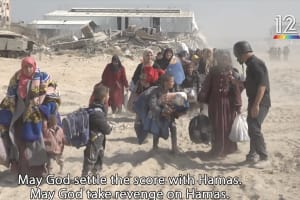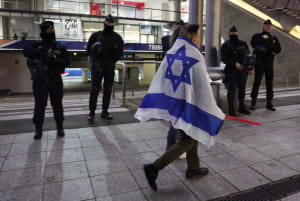Israel in high state of readiness in north, says IDF chief while visiting Lebanese border
Halevi's visit came one day after Israel allegedly assassinated Saleh Al-Arouri
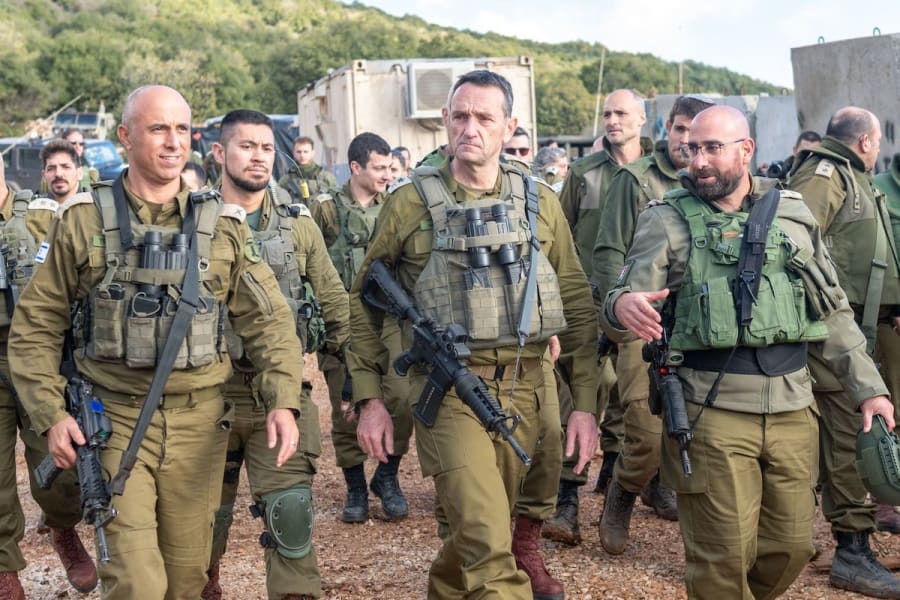
IDF Chief of Staff Lt.-Gen. Herzi Halevi visited Israel's northern border on Wednesday to tour and assess the current situation amid ground operations in Gaza to eliminate the Hamas terror organization.
Halevi's visit came one day after Israel allegedly assassinated Saleh Al-Arouri, the second-highest military commander in the ranks of Hamas. He said the Israeli military continues to focus on fighting Hamas but also warned of the need to be “ready to attack if required.”
Halevi met with Maj.-Gen. Ori Gordon of the Northern Command, the commander of the 210th regional division, Brig.-Gen. Zio Ratzon and commanders of reservist units on the border to assess the military’s readiness there.
“We are in a very strong state of readiness in the north under my impression. I visit here a lot, I think readiness is at its peak,” Halevi said. “Our first task is to return residents securely, and it will take time.”
"We approved today a variety of plans for continuation, and we need to be ready to attack if required," the Israel Defense Forces chief continued. "The IDF and within it, the Northern Command are in very high readiness. So far, the campaign is managed correctly and meticulously, and it should continue as such. We will not return the residents without a sense of security,”
About 200,000 residents were evacuated from Israel’s southern and northern borders after Hamas attacked on Oct. 7 viciously slaughtering 1,200 civilians, including women, children and the elderly in southern communities near the Gaza Strip. Since Oct. 8, the Lebanese Hezbollah terror group has been carrying out daily attacks in the north and has vowed to retaliate for Arouri’s death.
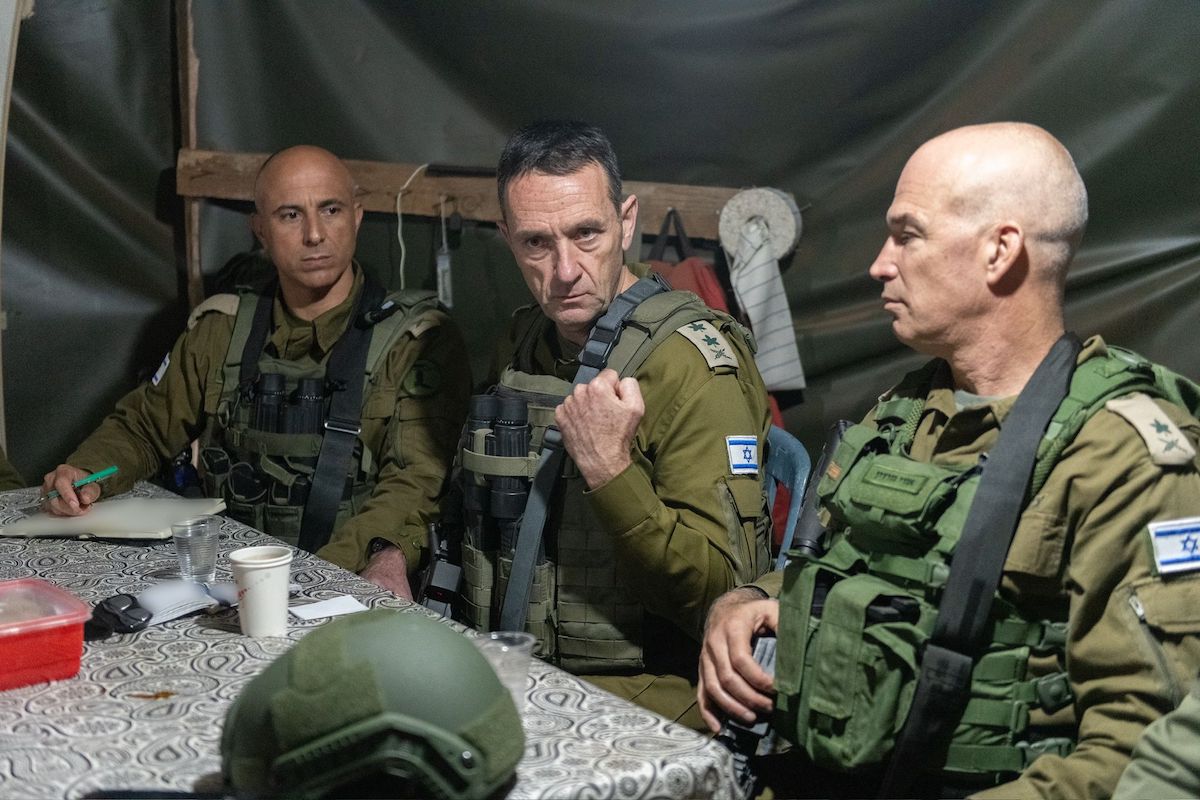
Halevi also said the circumstances of Israel’s war with Hamas have provided “some kind of opportunity to change the situation in a very significant way,” both in the south and north.
“We are looking ahead, we are going to change the routine defense, we are going to have at least in the next year many more forces on the borders, and we will reach something much stronger. Because of this incident, as difficult as it is, and we will talk a lot more, it cannot repeat itself, that’s for sure,” Halevi added, referring to Hamas atrocities when terrorists invaded Israel on Oct. 7.
IDF Spokesperson Brig.-Gen. Daniel Hagari said the troops have been responding to Hezbollah attacks and destroying the terror group’s infrastructure along the Israeli-Lebanese border.
He noted that more than 150 terrorists have been killed by the IDF in Lebanon since Oct. 8 – about 129 of them were members of Hezbollah forces.
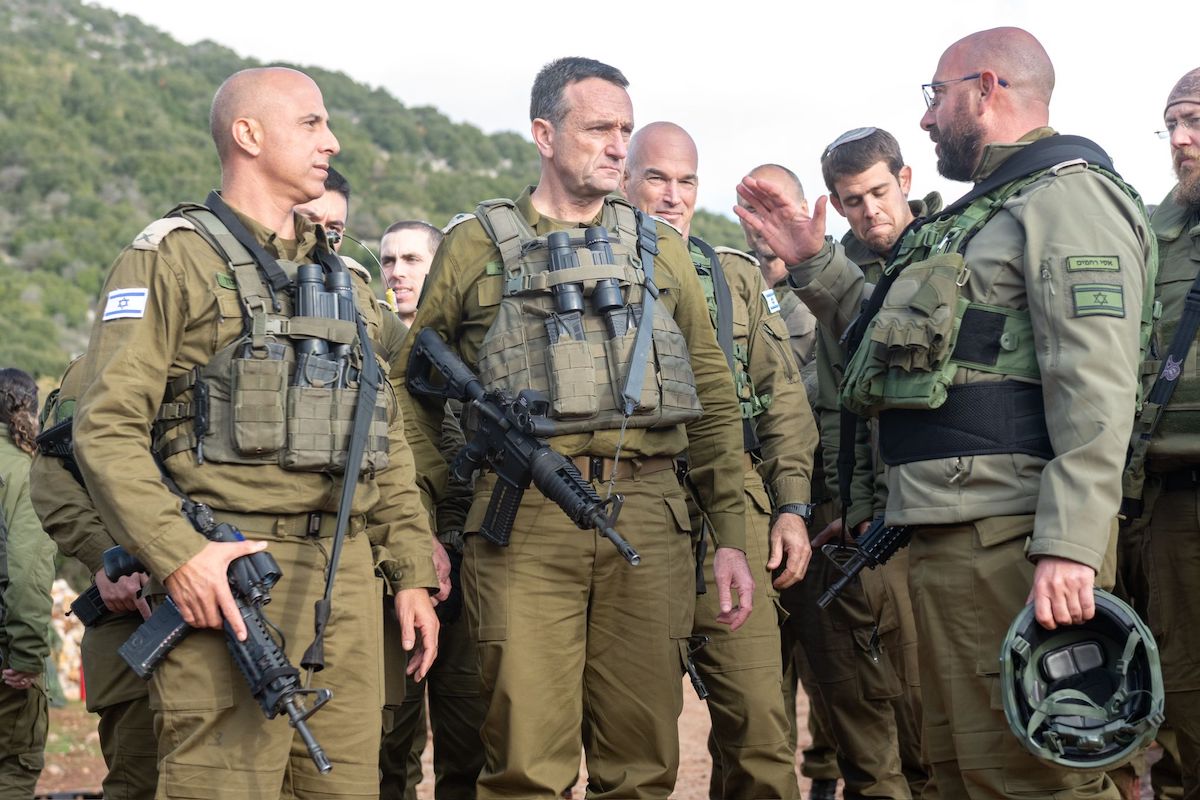
“We fire on every squad trying to infiltrate or fire,” he said. “We have to distance Hezbollah from the border to let residents have security, and the sense of security, to come back.”
When asked about the goal of reaching Hamas military chief Mohammed Deif, who has been on the IDF's most-wanted list for nearly 30 years, Hagari replied: “We have to find him and kill him; it’ll take as long as it takes. We found lots of intelligence; there are rooms with security cameras and drives in northern Gaza. We took them apart with Shin Bet (Israel Security Agency) and Military Intelligence. We are producing all sorts of intelligent products; with these, we hope to reach higher achievements against Hamas.”

The All Israel News Staff is a team of journalists in Israel.





